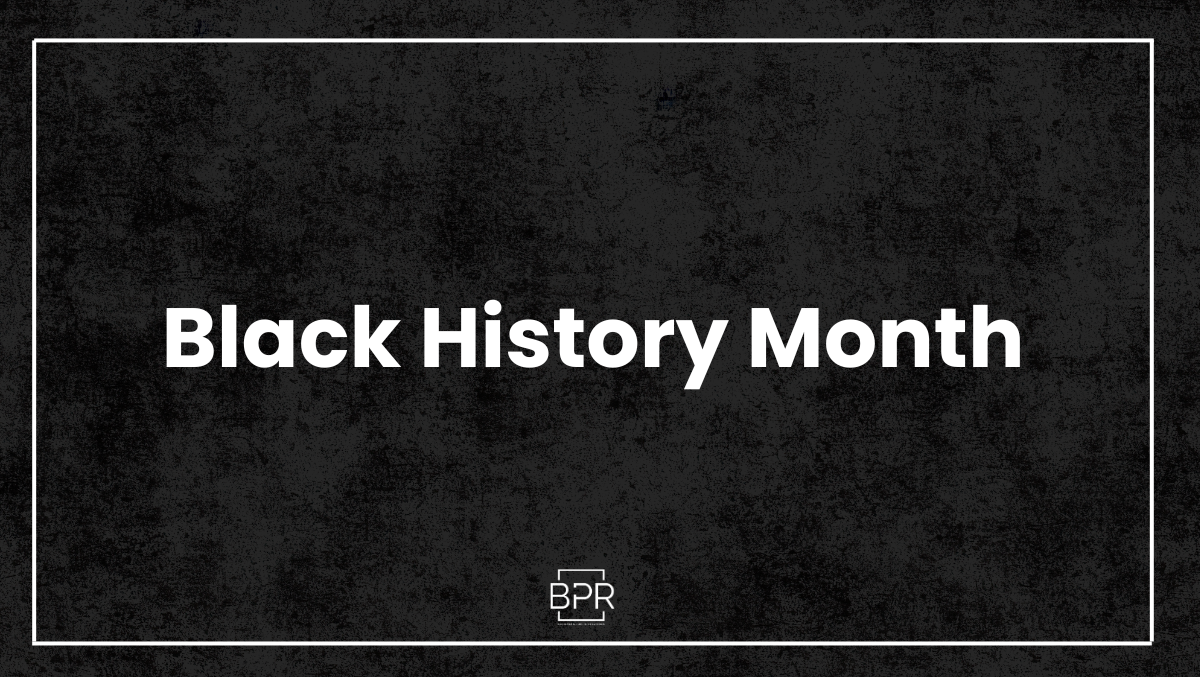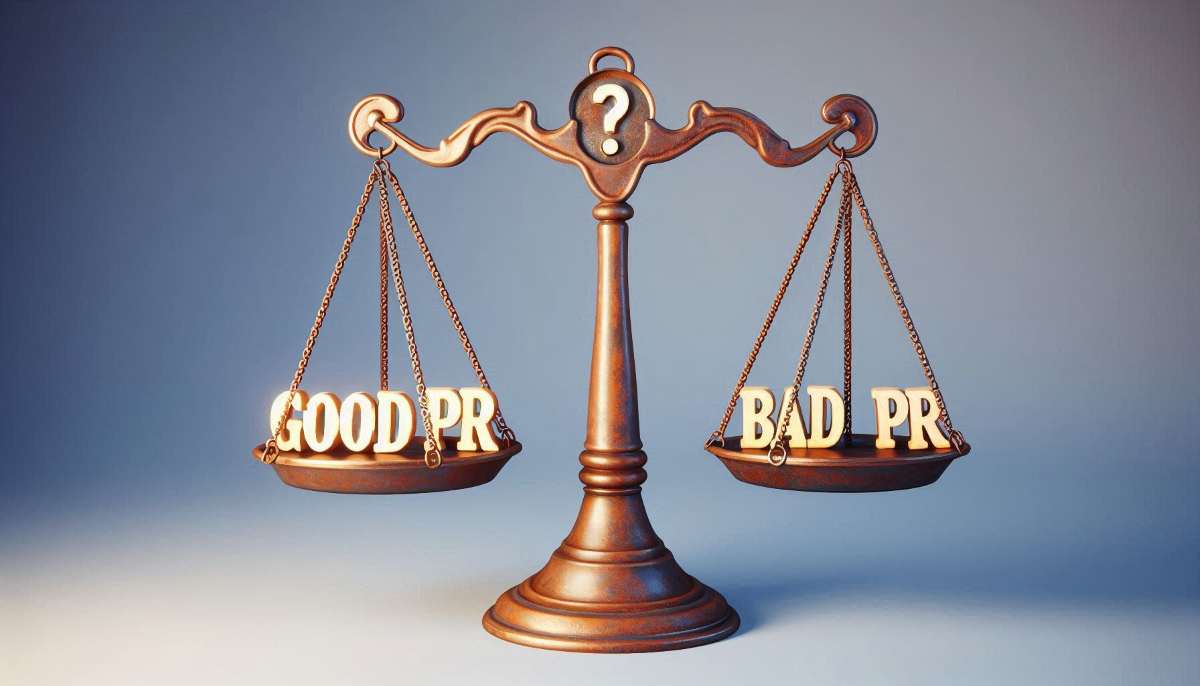Breaking Barriers: Women in Communications, Public Relations, and Journalism
March marks Women’s History Month, a time to celebrate the achievements and contributions of women around the world. In communications, public relations, and journalism, women have played a pivotal role in shaping narratives, amplifying voices, and driving meaningful conversations. As a woman-owned business, Buchanan Public Relations is proud to recognize and honor the trailblazing women … Keep reading









